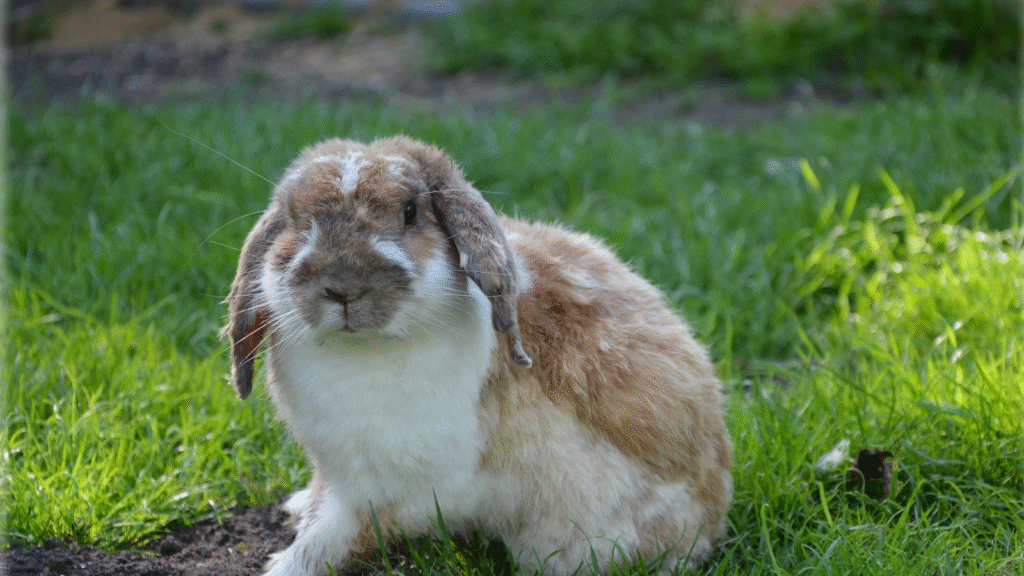Rabbits, ferrets, guinea pigs, and other pocket pets bring joy, personality, and companionship into our homes. When something seems “off,” these small mammal companions may have an illness. By the time visible symptoms appear, they may already be in serious distress. Arab Veterinary Hospital has an experienced exotic veterinarian who works with rabbits and other small mammals. We want pet owners to be able to recognize early warning signs that your pocket pet may be ill or injured.
Is My Pocket Pet Sick?
Pet owners will need to observe even minor changes in your pet’s behavior, appearance, or eating habits and act quickly. The earlier you catch a problem, the better the outcome for your small mammal pet. Look out for the following red flags. Even one of these symptoms can signal an underlying issue that needs veterinary attention from a pocket pet veterinarian.
- Refusal to eat or drink
- Smaller or fewer droppings than normal
- Weight loss or visible thinning
- Sitting hunched or showing reluctance to move
- Nasal discharge, watery eyes, or sneezing
- Head tilt or balance issues
- Excessive scratching or patchy fur
- Drooling or overgrown incisors
- Lethargy or hiding more than usual
Health Issues in Rabbits and Pocket Pets
Overgrown Teeth / Dental Issues
Some small mammals, like rabbits, have continuously growing teeth. Without the right diet and chewing material, their teeth can become overgrown and painful. Symptoms may include drooling, weight loss, or changes in eating behavior.
Respiratory Infections
Sniffling, wheezing, or difficulty breathing can point to a respiratory infection like “snuffles”. These can worsen rapidly and should be evaluated immediately by an exotic veterinarian.
Parasites and Skin Problems
Mites, lice, and fungal infections can become an issue in pocket pets, especially when enclosures aren’t cleaned frequently or your small mammals are brought outside. Signs include excessive scratching, scabs, or hair loss.
Ear Infections
Seen mostly commonly in rabbits, ear infections can cause discomfort and serious balance issues. Head tilting and loss of coordination are frequently noted signs.
Gastrointestinal Stasis
Rabbits and guinea pigs are especially prone to GI stasis, where the digestive system slows or stops. This is an emergency and requires immediate veterinary care.
Urinary Tract Issues
If your pocket pet is straining to urinate, has blood in its urine, or is showing discomfort, it could be a sign of a bladder infection or stones, conditions that require veterinary treatment.
How to Stay Ahead of Illness in Small Mammal Pets
- Monitor daily food and water intake.
- Keep habitats clean and properly ventilated.
- Provide proper nutrition (ask a vet about your pet’s diet).
- Weigh your pet weekly to catch early weight loss.
- Schedule annual wellness checks with an exotic veterinarian.
Not every vet is trained to care for small mammals. Seek out a veterinarian with experience treating rabbits and pocket pets so that your companion is treated with species-specific knowledge and diagnostics.
Veterinary Treatment for Rabbits and Pocket Pets in Arab, AL
When it comes to small mammals, quick action can save lives. If your rabbit, guinea pig, hamster, or other pocket pet shows even mild signs of illness, seek care right away. Arab Veterinary Hospital has a pocket pet veterinarian in Arab and for exotic pets from Guntersville, Cullman, and surrounding areas. Worried your small pet might be sick? Contact us to schedule a veterinary exam.

